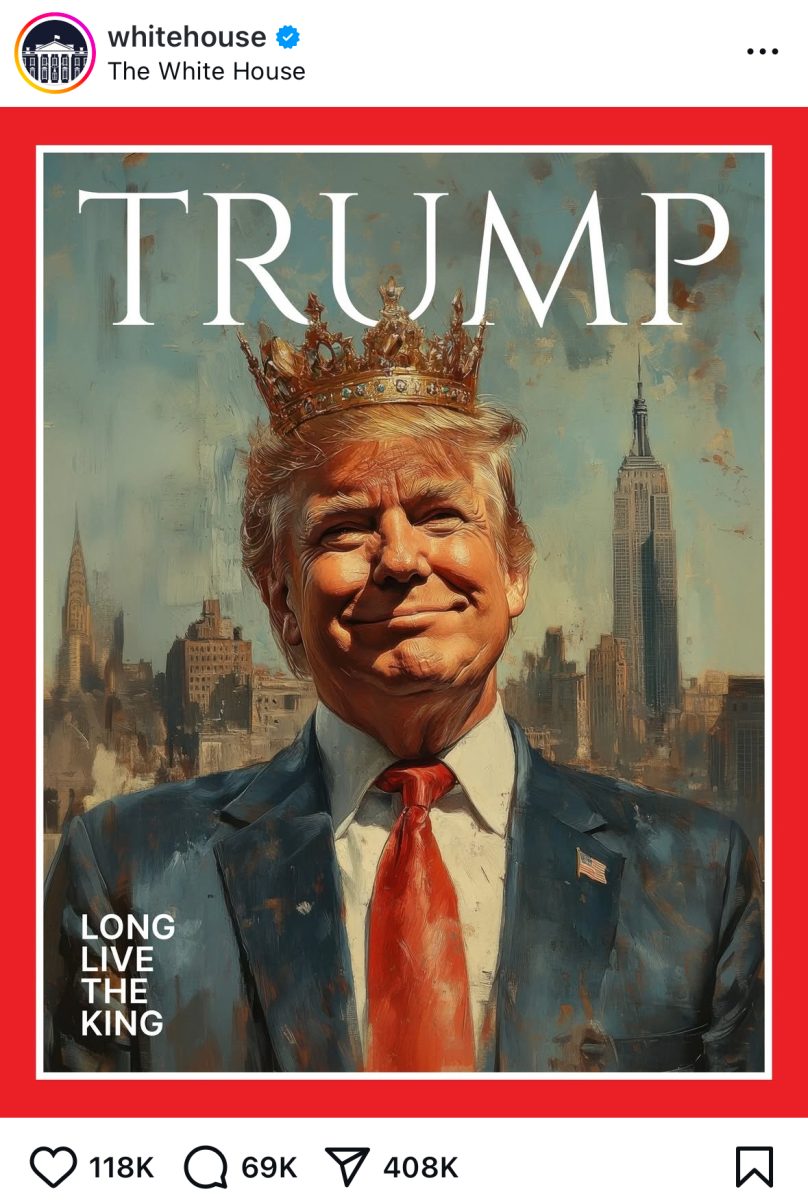A few weeks ago, I wrote a column about my crippling addiction to Twitter. I explained how it ruled my life and warped my perception of reality. I’m really glad that I wrote that article. No, I’m not under the false impression that hundreds of people read it and decided to delete their Twitter accounts. Rather, I am thankful for the catharsis that I enjoyed after I put my concerns into words. After writing the article, I posed myself a question: why do you let yourself use a platform that you know is flawed and frustrating? After a few days, I still couldn’t find a legitimate way to rationalize my obsession. So I deleted Twitter, along with the rest of my social media apps, from my phone.
Of course, I can still access Twitter from my computer. But who under the age of 30 ever routinely does this? Certainly, I never did before deleting the app (though I must confess, I have three times since I deleted the app). The true beauty of not owning the Twitter app, or any other social media apps, is that I rarely use my phone anymore. And when I do use my phone, it is to access the device’s most basic functions: texting, calling, listening to music, and occasionally, for emails. Otherwise, I have no reason to be on there.
One of my biggest concerns leading up to my decision to cut off my mobile access to social media is that I would stop being up to date on current events and popular culture. On Twitter I follow just over 200 accounts. The majority of these accounts are run by political journalists, sports journalists and news outlets, with a few friends and parody accounts sprinkled in for good measure. Without constant access to their Twitter feeds, how was I ever going to know when Lindsey Graham made his next sycophantic comment about Trump, Ben Shapiro tried to dunk on one of Alexandria-Ocasio Cortez’s intentionally provocative tweets or LeBron James opened a bottle of wine with Anthony Davis? By eliminating Twitter from my phone, it felt that I was also saying goodbye to popular culture and news. With three weeks of post-Twitter wisdom under my belt, I have come to realize the absolute absurdity of this concern. I don’t do a job that requires minute to minute updates on the minutia that trickles out of Capitol Hill. And I actually really enjoy waking up a little early and reading the news before I go to school.
I did not only eliminate Twitter from my phone. With it went Instagram and Facebook. Initially, I was weary of deleting Instagram. I, like most 21-year olds, have a fondness for memes, and Instagram is the place to find them. How would I quench my thirst for ironic jokes in picture format without a mobile platform to find them? After collecting three weeks of post-Instagram wisdom, I’m happy to say that living in a world with more hindered access to memes is still bearable. My friends show me the funniest ones, and I value the time I once spent trawling through the depths of Instagram.
Facebook is the app I thought would be the easiest to delete. For the most part, it has been. After all, Facebook is for grandparents. I don’t even think most freshmen have accounts. I really don’t miss any of its main functions. One small component, however, I do miss. I really liked that it alerted me about people’s birthdays. Now I never know when to send people nice texts, and I think I’ve probably missed a few. I can handle that.
If you’re still reading this mundane update on my social media usage, you may be in the same position I was in three weeks back. You know it’s bad to carry around constant access to these addictive apps everywhere you go, but you do it anyway. If this is indeed how you feel, I suggest that you try deleting these apps from your phone. It’s not that hard, and it’s extremely liberating. Think of it as sticking it to the man. Now the corporate hacks have one less person’s eyeballs to sell to advertisers.
















